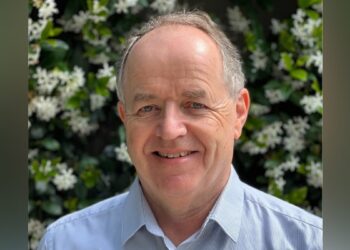A new research paper released by the Association of Superannuation Funds of Australia (ASFA) found that the bulk of Australians exhaust their superannuation in retirement and leave no superannuation when they pass away.
Using ATO and APRA data and previously unpublished Household, Income and Labour Dynamics in Australia (HILDA) survey results, ASFA said its research found that the proportion of the population with superannuation drops sharply with increasing age.
“Eighty per cent of people aged 60 and over who died in the period 2014 to 2018 had no super at all in the period of up to four years before their death, and for those aged 80-plus, over 90 per cent had no super in the four-year period before their death,” the report said.
The research found that for the age 80-plus group, only 5 per cent had more than $110,000 in superannuation in the period of up to four years before their death, and in the case of those who died aged 60 to 69, less than half had any super at all.
Further, men are more likely to have superannuation than women. For those who died in the period 2014 to 2018, only 15 per cent of females aged 60-plus at death had any superannuation compared to around 25 per cent of men.
“We don’t have a systemic problem with retirees underspending or bequeathing their super — quite the opposite. The majority of Australian retirees run out of super well before the end of their lives,” ASFA CEO Dr Martin Fahy said.
“According to the latest figures from the Australian Bureau of Statistics (ABS), Australia has one of the highest life expectancies in the world at 80.9 years for males and 85 years for females in 2017–19.
“Sadly, this new data indicates that 90 per cent of Australian retirees aged over 80 had no superannuation in their final years. The situation is much worse for women. Eighty-five per cent of women who passed away, aged 60 and above, didn’t have any super left at all.
“The main challenge for the Australian superannuation system is to deliver higher superannuation balances at retirement. The solution for ensuring adequacy of retirement incomes is moving the superannuation guarantee to 12 per cent.”



You come into the world with nothing, if you die and have nothing, you must have got the arithmetic very close to perfect!
What this type of analysis does is distort the facts. Many of those in this age group would not have been using super at all in their early years. If they were 80 in 2018 it means they were born in 1938 they started working in the 1950’s and over time would have thought the government pension would be ok to live on. Numbers can be manipulated to then be interpreted to give the result required. Super needs to go up but superfunds need to be taxed regardless of the phase a member is in. That way the 15% from super income can pay for the additional expenses of an aging population. Income streams from super for over 60’s can remain tax free.